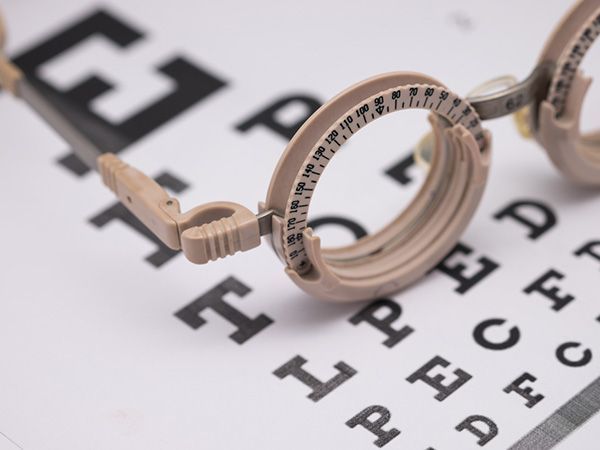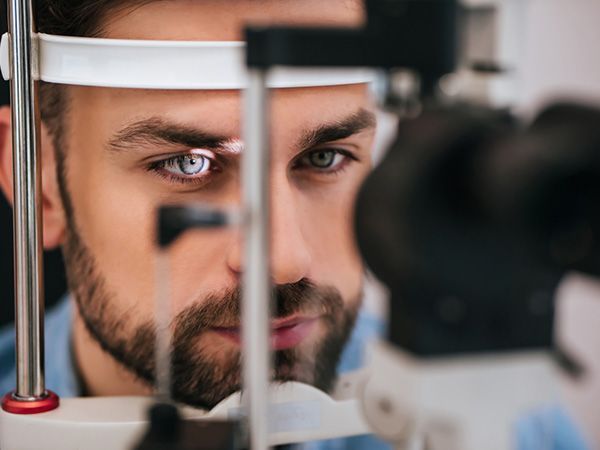Missed/No Show Appointment Policy: When a patient does not show up for a scheduled appointment, it creates an unused appointment slot that could have been used for another patient. To ensure the best care for all of our patients, we require that you call within 24 hours in advance if you are unable to make your appointment. Failure to do so will incur a $40 fee. If a patient misses more than three appointments in a two-year period without providing 24-hours’ notice, we are no longer able to provide eye care services to the patient.
First Appointment: Bring your insurance card(s), photo identification, copayments, any records pertinent to this visit, your eyeglasses, and wear your contacts. Please arrive 10 minutes before your scheduled appointment time to ensure there is enough time to process your paperwork before your scheduled appointment time.
Cataract Evaluation – Contact Lens Wearer and LASIK surgery: Before eye surgery, soft lenses need to be out two weeks before your exam and hard/gas permeable lenses need to be out three weeks before your exam.
Vision Exams: Vision care plans cover routine vision exams and basic screening for eye disease. The results of routine vision exams also determine whether or not a prescription is written for eyeglasses and/or contact lenses or if a change to an existing prescription is necessary. Vision care plans will not cover treatment or management of eye problems. If during the course of the wellness eye exam a medical condition is found, a portion of your exam may qualify for payment as part of your medical plan and co-pays, co-insurance, and deductibles would apply. Annual diabetic eye exams will not be billed to the insurance company providing routine vision coverage.
Medical Eye Exams: If you are evaluated and/or treated for a medical condition or symptoms at your visit, it will be coded and billed as a medical examination. Some conditions evaluated with medical eye exams include: cataracts, glaucoma, diabetic retinopathy, floaters, macular degeneration, dry eye and many other potentially sight-threatening diseases. If the physician discovers any emergent or concerning medical eye disease during the examination, further discussion or evaluation may be required to provide the best eye care possible.
What is a Refraction – Coverage Details: A refraction is a diagnostic test performed for the purpose of checking a person’s visual acuity. The refraction is performed at the discretion of the physician and is used for diagnosing a medical concern or for prescribing eyeglasses or contact lenses. Even though this is a vital test for the care of your eyes, the refraction is a non-covered service through many insurance plans.
Credits and refunds due to overpayment or other: All credits under $60 will remain on the patient’s profile as credit to be used for future service. Funds less than $60 can be requested by the patient at any time. Credits over $60 will be mailed to the patient’s address on file. It is the patient’s responsibility to ensure the address on file is correct. Funds will not be remailed unless it is requested by the patient.
Self-Pay/Non-Insured Patient: If you do not have vision and/or medical insurance for the services provided at your appointment, payment is due at the time of service.
Patient Statements: Copays, deductibles and uncovered services are the patients responsibility. Balances are to be paid within 30 days of the first statement. If the balance is not paid in full after 2 months, a $50 fee will be applied. If a balance is not paid in full after 120 days the balance will be sent to a Collections Agency.




